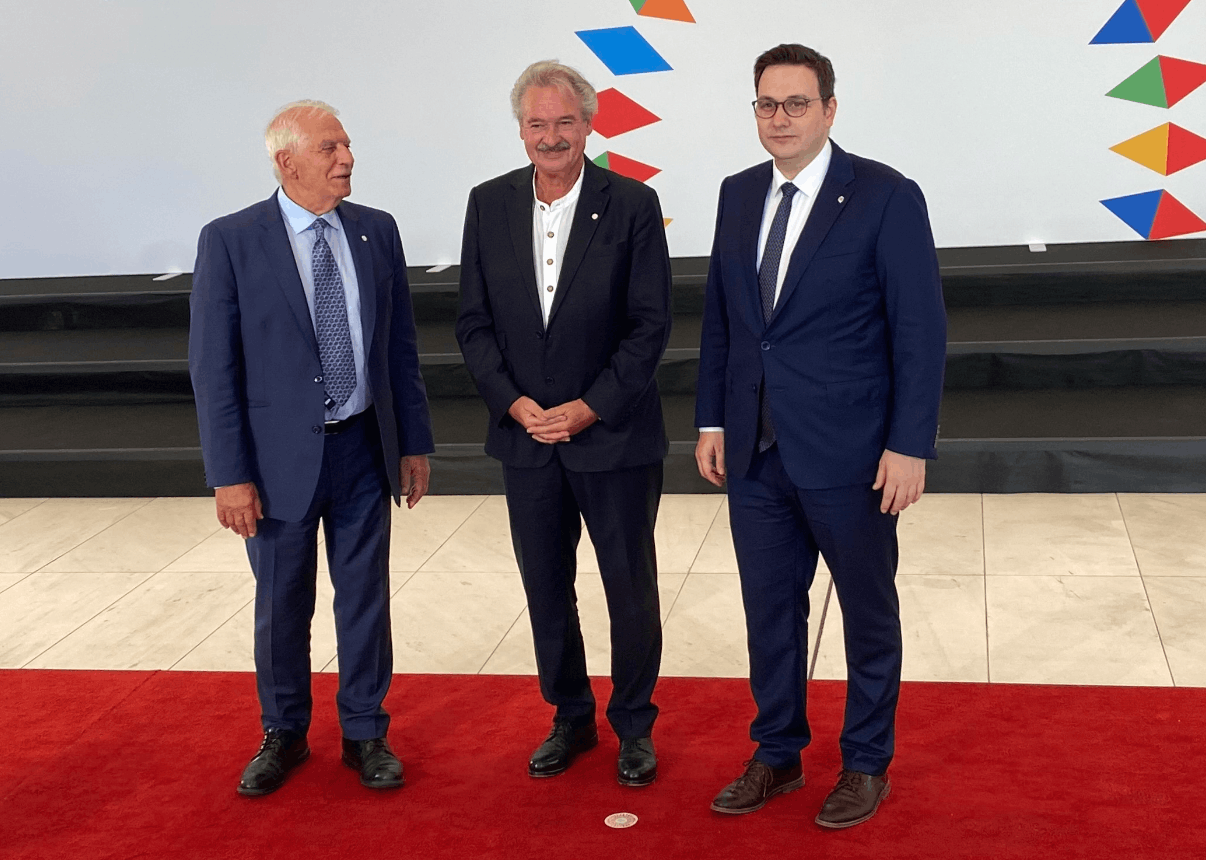During a meeting in Prague on 31 August, ministers chose to compromise between the positions taken by different member states on the topic. While countries like Germany, France and Luxembourg had been against a blanket ban.
The visa ban should be more targeted, said Luxembourg foreign affairs minister Jean Asselborn (LSAP), as RTL reports. The minister had at the start of August that his ministry wanted to continue to analyse each visa request separately. Contacts of Putin’s should see their travel visa rights taken away, Asselborn said, but taking the right away from all Russians--including those connected to Russians residing in Luxembourg--would send out a signal that “we don’t anything to do with Russians, and right now, we need to do the opposite,” he stated.
The 2007 agreement had granted Russian visas preferential treatment. Under the agreement, it only took 10 business days and €35 for an application to go through. With the suspension of the 2007 travel deal, the process of acquiring a visa will be more costly and take more time.
“We have seen many Russians travelling for leisure and shopping as if no war was raging in Ukraine. Member states considered that we are not business as usual. It cannot be business as usual,” Josep Borrell, the EU’s high representative for foreign policy commented on the new agreement.
Some EU member states during the meeting said that they would still look into local travel bans, according to the Guardian.
The political agreement still has to go through several rounds of approval before it can be put into practice.
